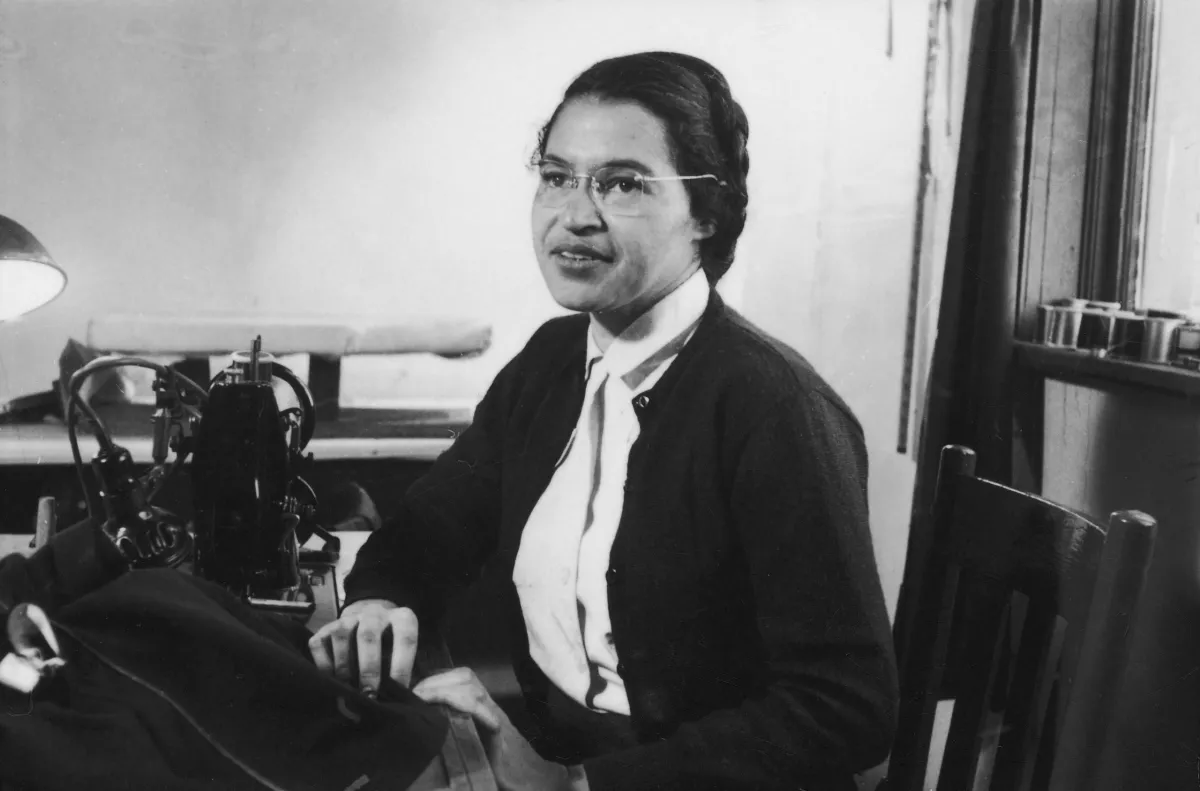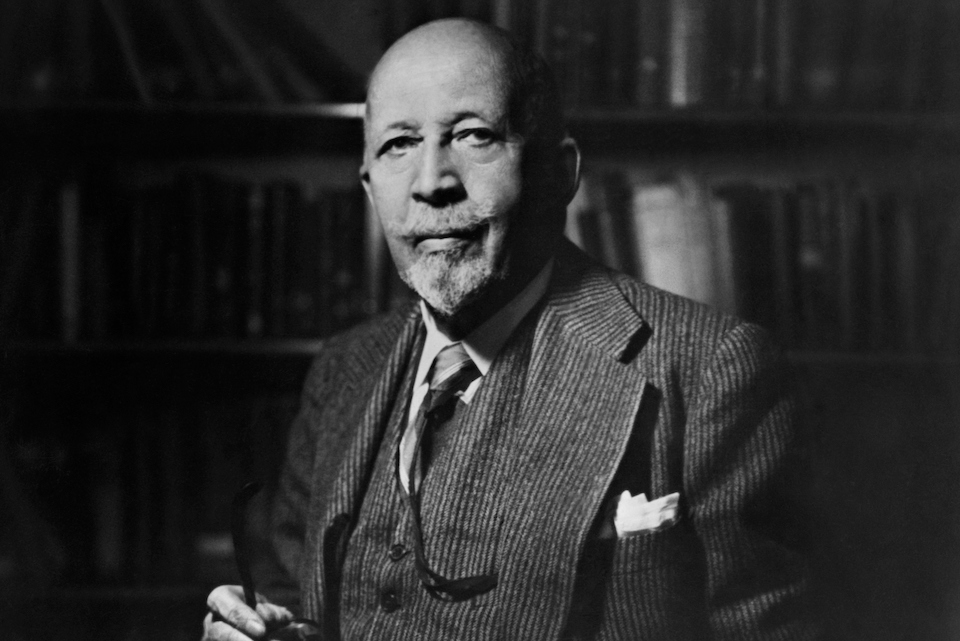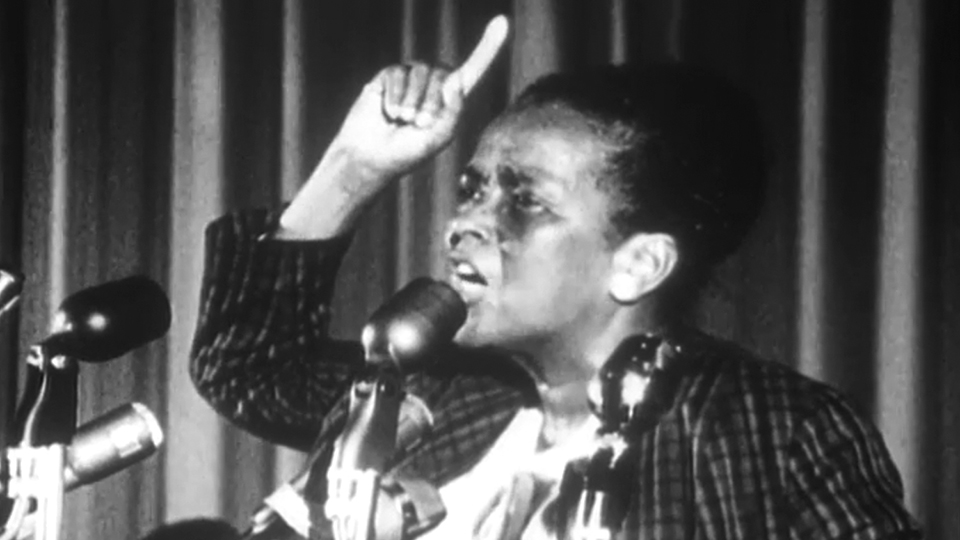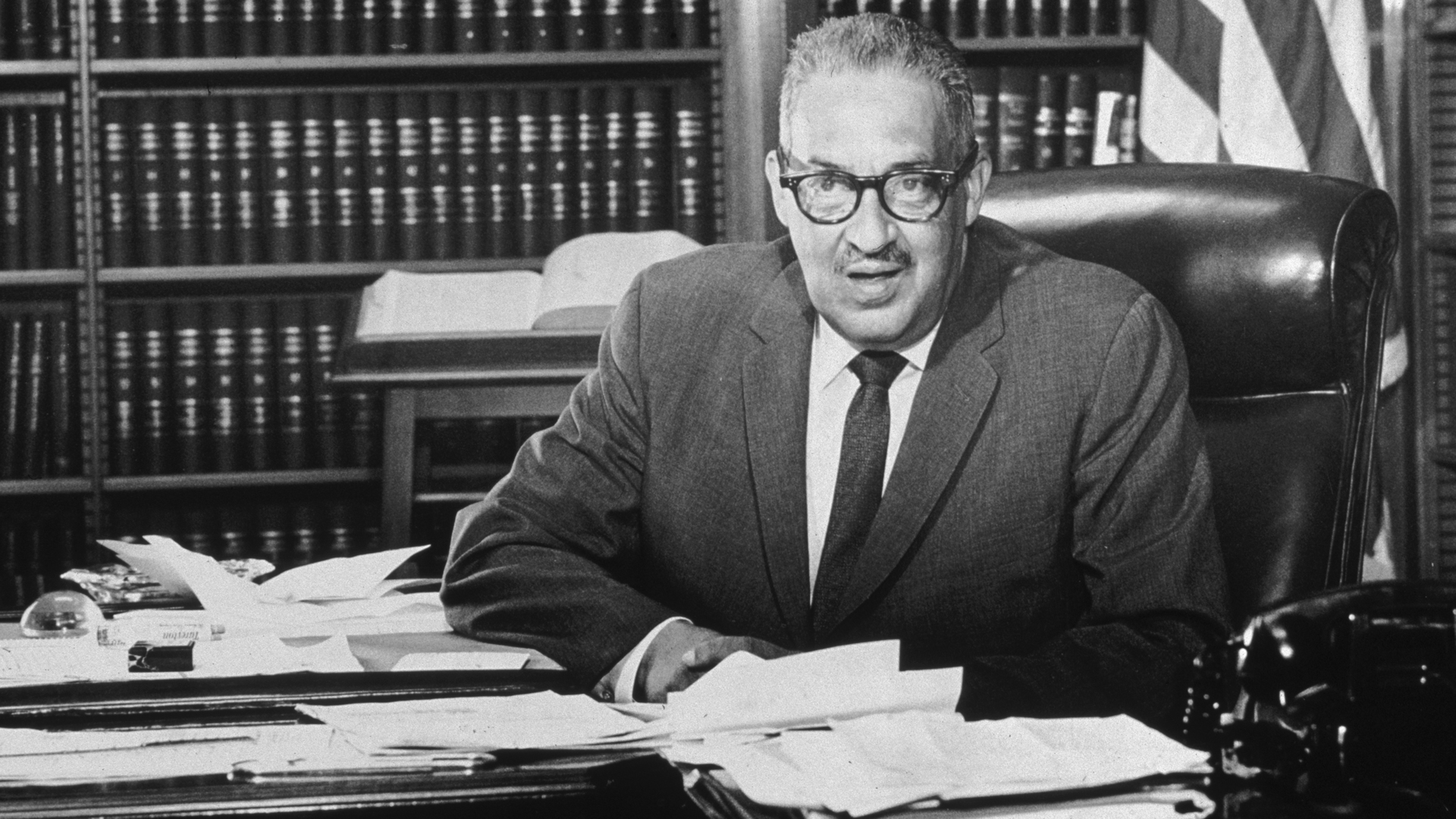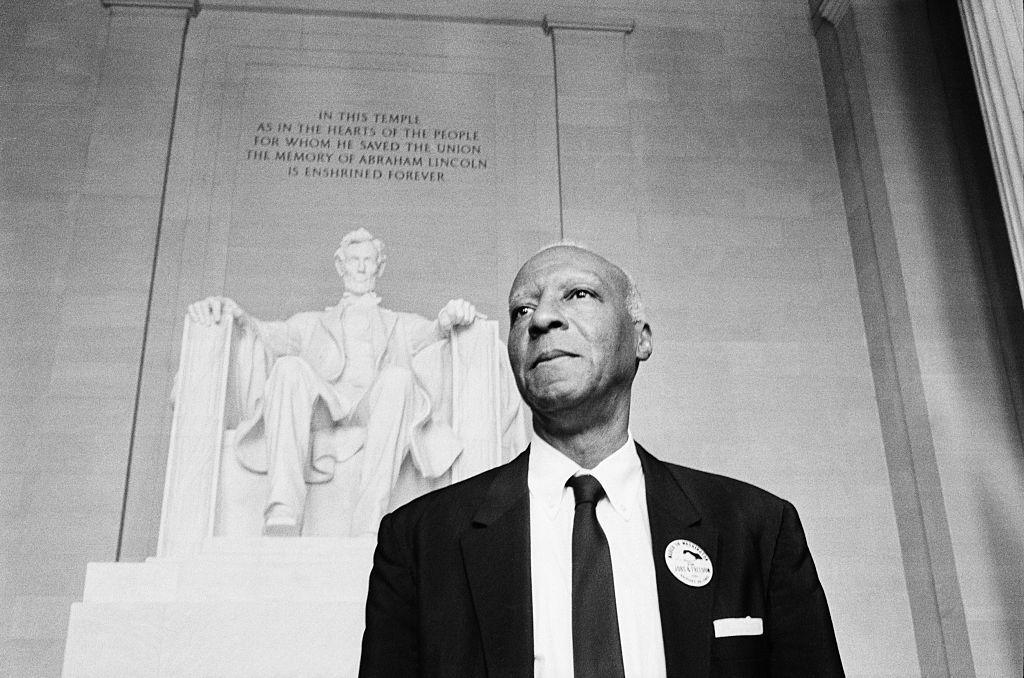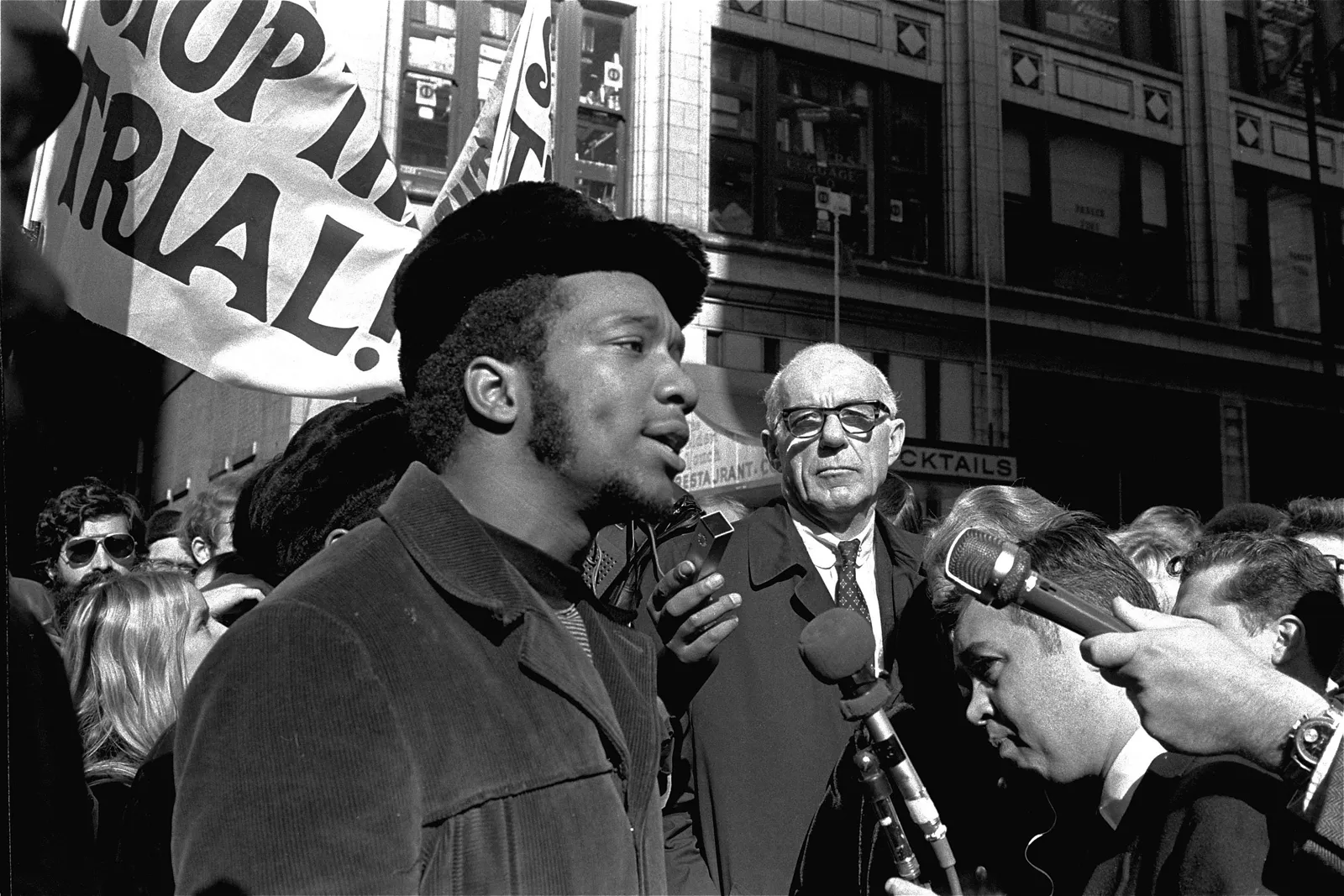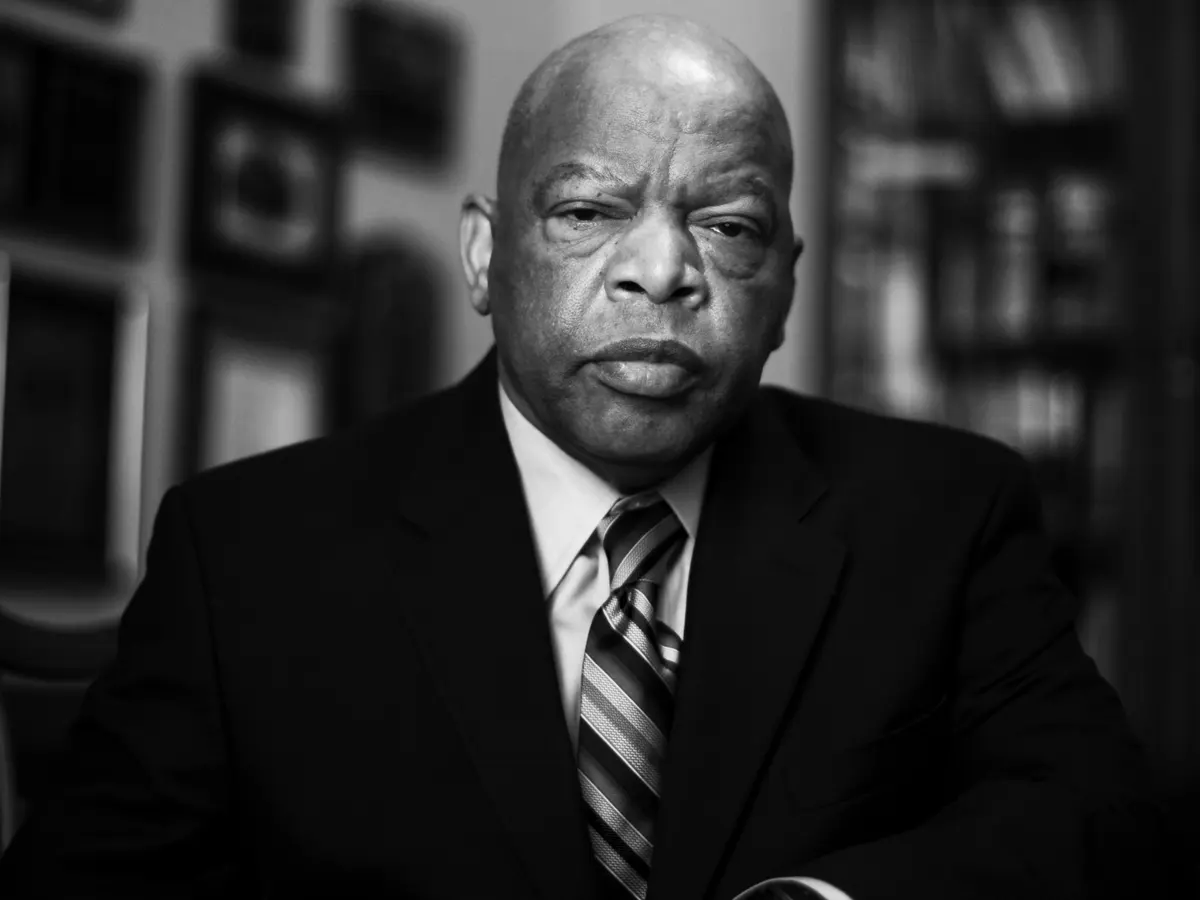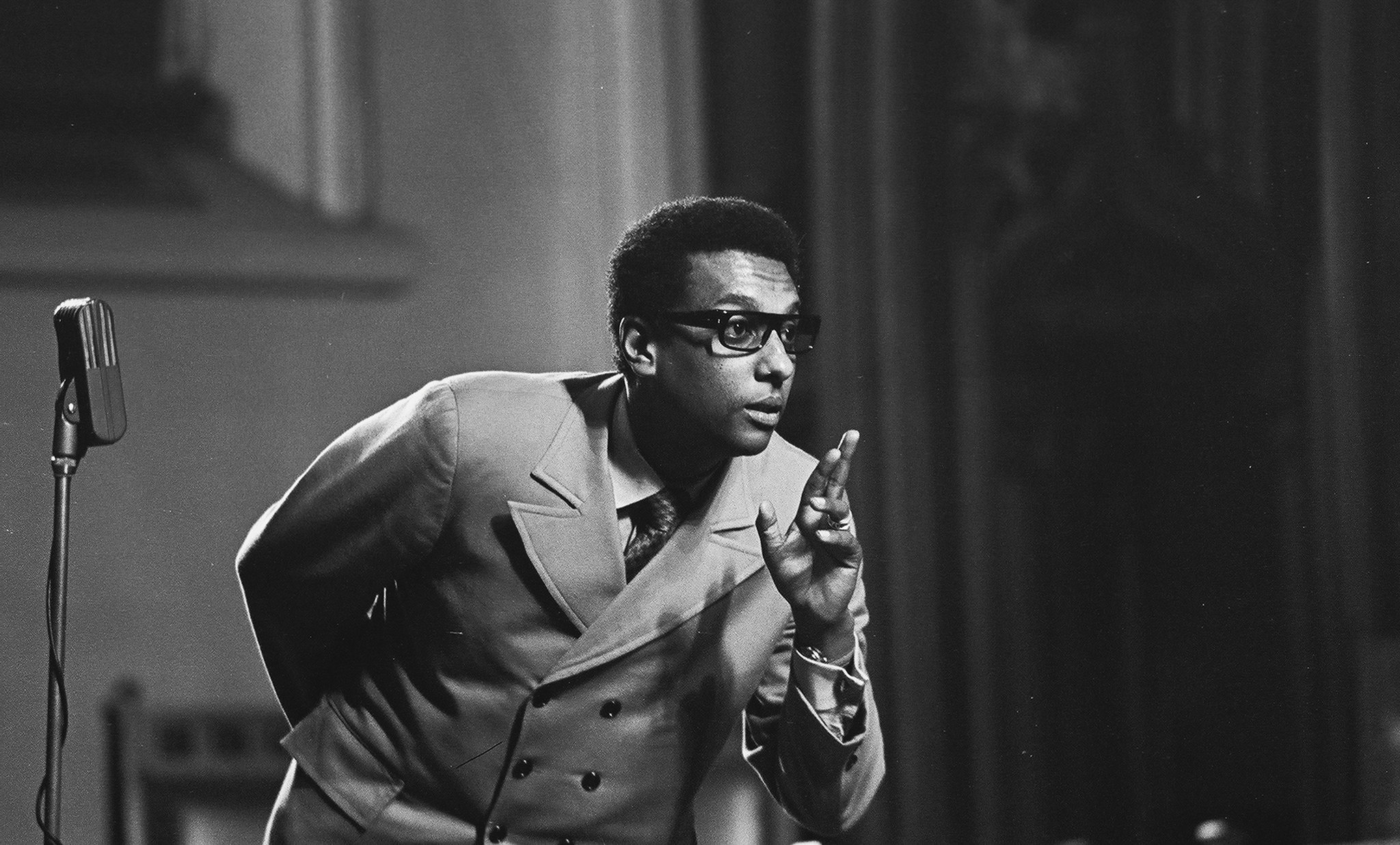Top Lists
10 Most Prominent Civil Rights Activists In America’s History
The 10 most prominent civil rights activists in America’s history, ensured the advancement of civil rights.

The Civil Rights Movement in the United States is one of the most important events that shaped the history of the country. The movement was a nonviolent social movement and campaign from 1954 to 1968, to abolish legalized racial segregation, discrimination, and disenfranchisement throughout the United States. As you may know, this movement was spearheaded by certain individuals who stood up to discrimination and white supremacy through their struggle, commitment, and work, ensuring the advancement of civil rights in the country. Without any further ado, here are the 10 most prominent civil rights activists in America’s history.
1. Martin Luther King
Martin Luther King Jr. was an American Baptist minister and one of the most prominent civil rights activists in America’s history. Inspired by his Christian beliefs and the nonviolent activism of Mahatma Gandhi, King advanced civil rights for people of color in the United States through nonviolence and civil disobedience. He participated in and led marches for the right to vote, desegregation, labor rights, and other civil rights.
He also oversaw the 1955 Montgomery bus boycott and later became the first president of the Southern Christian Leadership Conference (SCLC). As president of the SCLC, he led the unsuccessful Albany Movement in Albany, Georgia, and helped organize some of the nonviolent 1963 protests in Birmingham, Alabama.
King was one of the leaders of the 1963 March on Washington, where he delivered his “I Have a Dream” speech on the steps of the Lincoln Memorial. The civil rights movement achieved pivotal legislative gains in the Civil Rights Act of 1964, the Voting Rights Act of 1965, and the Fair Housing Act of 1968.
On October 14, 1964, King won the Nobel Peace Prize for combating racial inequality through nonviolent resistance. In 1965, he helped organize two of the three Selma to Montgomery marches. He was assassinated in Memphis, Tennessee, on April 4, 1968. His death led to riots in more than one hundred U.S. cities.
2. Malcolm X
Malcolm X was an American Muslim minister and human rights activist who was a prominent figure during the civil rights movement. A spokesman for the Nation of Islam until 1964, he was a vocal advocate for Black empowerment and the promotion of Islam within the Black community.
While Martin Luther King Jr. preached a method of non-violent disobedience, Malcolm X was far more radical and violent in his methods. Malcolm X was a heavy advocate of black supremacy and actually was pro-segregation, believing the attempts at integration to be a futile endeavor.
While in prison for theft and burglary, he joined the Nation of Islam (A Black Separatist Organization ). After leaving prison in 1952, he became one of the organization’s most influential leaders. He also expressed pride in some of the Nation’s social welfare achievements, such as its free drug rehabilitation program.
3. Rosa Parks
Rosa Parks was an American activist in the civil rights movement best known for her pivotal role in the Montgomery bus boycott. Parks’s act of defiance and the Montgomery bus boycott became important symbols of the movement. She became an international icon of resistance to racial segregation, and organized and collaborated with civil rights leaders, including Edgar Nixon and Martin Luther King Jr.
She also became an NAACP activist in 1943, participating in several high-profile civil rights campaigns. Although widely honored in later years, she also suffered for her act; she was fired from her job and received death threats for years afterward. The United States Congress however honored her as “the first lady of civil rights” and “the mother of the freedom movement”
Parks also received national recognition, including the NAACP’s 1979 Spingarn Medal, the Presidential Medal of Freedom, the Congressional Gold Medal, and a posthumous statue in the United States Capitol’s National Statuary Hall. Upon her death in 2005, she was the first woman to lie in honor in the Capitol Rotunda.
Malcolm eventually embraced Sunni Islam and the civil rights movement after completing the Hajj to Mecca. He also publicly renounced the Nation of Islam and founded two Islamic and Pan-Africanist organizations for the advancement of Civil rights. On February 21, 1965, he was assassinated in New York City.
4. W.E.B. Du Bois
W.E.B. Du Bois was an American sociologist, socialist, historian, and Pan-Africanist and one of the prominent civil rights activists in America’s history. He completed his graduate work at Friedrich Wilhelm University and earned his doctorate at Havard University becoming the first African American to do so. He also became a professor of history, sociology, and economics at Atlanta University.
Du Bois rose to national prominence as a leader of the Niagara Movement, a group of African-American activists who wanted equal rights for blacks. Du Bois and his supporters opposed the Atlanta Compromise, an agreement that provided that Southern blacks would work and submit to white political rule, while Southern whites guaranteed that blacks would receive basic educational and economic opportunities.
Instead, Du Bois insisted on full civil rights and increased political representation, which he believed would be brought about by the African-American intellectual elite. He referred to this group as the Talented Tenth, a concept under the umbrella of racial uplift, and believed that African Americans needed the chance for advanced education to develop their leadership.
5. Ella Baker
Ella Baker was an African-American civil and human rights activist. She was a largely behind-the-scenes organizer who worked alongside some of the most noted civil rights leaders of the 20th century, including W. E. B. Du Bois, Thurgood Marshall, A. Philip Randolph, and Martin Luther King Jr. She also mentored many emerging activists, such as Diane Nash, Stokely Carmichael, and Bob Moses.
Baker criticized professionalized, charismatic leadership; she promoted grassroots organizing, radical democracy, and the ability of the oppressed to understand their worlds and advocate for themselves. She realized this vision most fully in the 1960s as the primary advisor of the Student Nonviolent Coordinating Committee (SNCC).
Many people consider Baker “one of the most important American leaders of the twentieth century and perhaps the most influential woman in the civil rights movement”. She is known for her critiques of both racisms in American culture and sexism in the civil rights movement.
Read More:
- 10 Protests That Shaped The History Of The United States
- 10 Longest Wrongful Incarcerations In the History of The United States
- 10 Smartest Criminal Masterminds In History.
6. Thurgood Marshall
Thurgood Marshall was an American civil rights lawyer and jurist who served as an associate justice of the Supreme Court of the United States from 1967 until 1991. He was the Supreme Court’s first African-American justice. Prior to his judicial service, he was an attorney who fought for civil rights. He served as special counsel of the NAACP, and he became director-counsel of the NAACP Legal Defense and Educational Fund.
Marshall is considered by many one of the most prominent civil rights activists in America’s history. He also played a prominent role in the movement to end racial segregation in schools. He won 29 of the 32 civil rights cases he argued before the Supreme Court, culminating in the Court’s landmark 1954 decision in Brown v. Board of Education, which held segregation in public education to be unconstitutional.
Marshall participated in numerous landmark Supreme Court cases involving civil rights. He was appointed by President John F. Kennedy in 1961, to the U.S. Court of Appeals for the Second Circuit. Marshall was appointed by President, Lyndon B. Johnson in 1965 as the U.S. Solicitor General and eventually to the Supreme Court in 1967.
7. A. Philip Randolph
A. Philip Randolph was an American labor unionist and civil rights activist. In 1925, he organized and led the Brotherhood of Sleeping Car Porters, the first successful African-American-led labor union. He is considered one of the most prominent civil rights activists.
In the early Civil Rights Movement and the Labor Movement, Randolph was a prominent voice. His continuous agitation with the support of fellow labor rights activists against racist, unfair labor practices, eventually helped lead President Franklin D. Roosevelt to issue Executive Order 8802 in 1941, banning discrimination in the defense industries during World War II.
In 1963, Randolph was the head of the March on Washington, which was organized by Bayard Rustin, at which Reverend Martin Luther King Jr. delivered his “I Have A Dream” speech. Randolph inspired the “Freedom Budget”, sometimes called the “Randolph Freedom Budget”, which aimed to deal with the economic problems facing the black community.
8. Fred Hampton
Fred Hampton was an American activist. He came to prominence in Chicago as deputy chairman of the national Black Panther Party and chair of Illinois. He was Marxist–Leninist, who considered fascism the greatest threat, saying, “Nothing is more important than stopping fascism, because fascism will stop us all.”
As a progressive African American, he founded the anti-racist, anti-classist Rainbow Coalition, a prominent multicultural political organization that included an alliance among major Chicago street gangs to help them end infighting and work for social change.
The Federal Bureau of Investigation (FBI) considered Hampton a radical threat and tried to subvert his activities in Chicago. In December 1969, Hampton was drugged, shot, and killed in his bed during a predawn raid at his Chicago apartment by a tactical unit of the Cook County State’s Attorney’s Office, which received aid from the Chicago Police Department and the FBI leading up to the attack.
9. John Lewis
John Lewis was an American politician and civil rights activist who served in the United States House of Representatives for Georgia’s 5th congressional district from 1987 until his death in 2020. He fulfilled many key roles in the civil rights movement and its actions to end legalized racial segregation in the United States.
Lewis participated in the 1960 Nashville sit-ins, and the Freedom Rides, and was the chairman of the Student Nonviolent Coordinating Committee (SNCC) from 1963 to 1966. He was also one of the “Big Six” leaders of groups who organized the 1963 March on Washington. In 1965 Lewis led the first of three Selma to Montgomery marches across the Edmund Pettus Bridge where, in an incident that became known as Bloody Sunday, state troopers and police attacked Lewis and the other marchers.
A member of the Democratic Party, Lewis was first elected to the U.S. House of Representatives in 1986 and served 17 terms. The district he represented included most of Atlanta. Due to his length of service, he became the dean of the Georgia congressional delegation. He received many honorary degrees and awards, including the Presidential Medal of Freedom in 2011.
10 Stokely Carmichael
Stokely Carmichael was a prominent organizer in the civil rights movement in the United States and the global pan-African movement. He was a key leader in the development of the Black Power movement, first while leading the Student Nonviolent Coordinating Committee (SNCC), then as the “Honorary Prime Minister” of the Black Panther Party (BPP), and last as a leader of the All-African People’s Revolutionary Party (A-APRP).
Carmichael was one of the original SNCC freedom riders of 1961 under Diane Nash’s leadership. He became a major voting rights activist in Mississippi and Alabama after being mentored by Ella Baker and Bob Moses. He tried to develop independent all-black political organizations, such as the Lowndes County Freedom Organization and, for a time, the National Black Panther Party.
Inspired by Malcolm X’s example, he articulated a philosophy of Black Power and popularized it both through provocative speeches and more sober writings. Carmichael became one of the most popular and controversial Black leaders of the late 1960s. J. Edgar Hoover, director of the FBI, secretly identified Carmichael as the man most likely to succeed Malcolm X as America’s “black messiah”.



